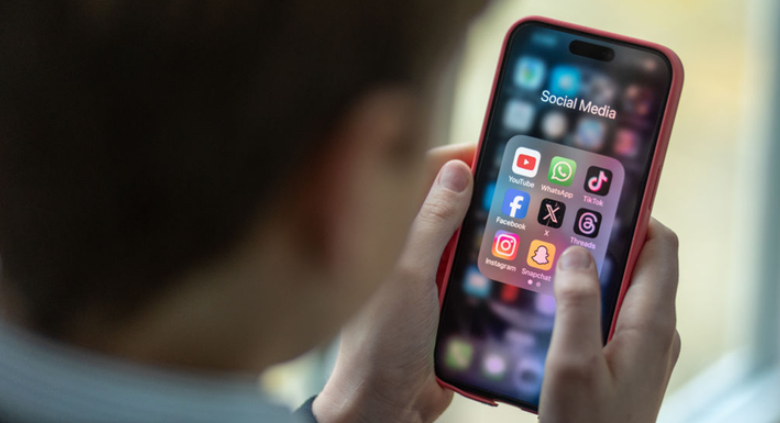On Sunday, the SCOPE Act, also known as House Bill 18, come into force in part.
A portion of the SCOPE Act, also known as House Bill 18, became operative on Sunday following Republican Governor Greg Abbott’s signing of the bill into law in 2017.
Republican state representative Shelby Slawson mentioned child predators and cyberbullying as dangers that unsupervised social media use might provide to kids at a committee meeting last year, according to Fox 4.
“A Texas teenager was rescued from a shed in North Carolina where she was being held by a predator who allegedly lured her away by a chat app,” she added.
But according to Fox 4, the rule as it stands now would not specifically highlight such kinds of interactions.
A court rejected rules last week that would have mandated social media providers to remove offensive information. However, the judge upheld parents’ right to monitor their children’s online behavior and the necessity that minors get permission from their parents before they may create an account.
Certain social media corporations contend that safeguards are now in existence to keep kids safe on the internet.
A representative for Facebook parent company Meta, Antigone Davis, told Fox 4 that “we oppose the bill as filed, even though we strongly agree with the underlying intent of the bill.”
“We’ve built over 30 tools to help young people be safe and have a positive experience on our platform,” Davis added. “We have parental supervision tools, set time limits, and the ability for parents to see who their child is following.”
A Meta official stated during the same hearing last year that Facebook and Instagram already have kid safety measures in place and that artificial intelligence is used in teen accounts to detect phony dates of birth when creating an account.
Meta said that it restricts targeted advertisements for a range of subjects on its platforms.
During the session, Texas Medical Association child psychiatrist Brian Dixon discussed his observations of his young patients’ use of social media and how it affects their mental health.
“There is no filter and kids may access anything at any time these days. They don’t understand the difference between when and how they are marketed,” he said.
Courts have struck down such laws enacted in other states that attempted to control youth access to social media.














